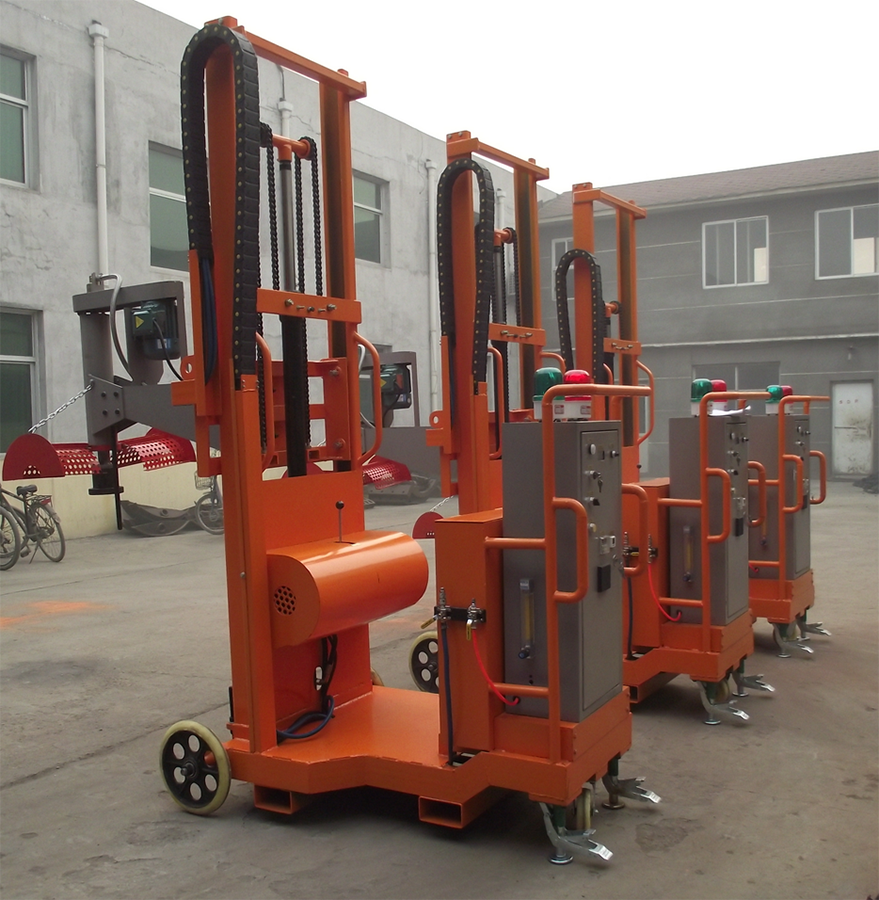

Dec . 07, 2024 16:15 Back to list
Responsible Disposal of Electrical Items A Guide
In today's fast-paced world, electronic devices have become an integral part of our lives. From smartphones and laptops to refrigerators and televisions, our reliance on electrical items continues to grow. However, the increasing volume of electronic waste (e-waste) poses a significant environmental threat. Disposing of electrical items responsibly is crucial for reducing our ecological footprint and protecting the planet. Here are some practical steps and considerations for disposing of your old electronic devices.
Understanding E-Waste
E-waste refers to discarded electrical or electronic devices. This includes broken or obsolete items such as computers, televisions, printers, and household appliances. According to a report by the Global E-Waste Monitor, around 53.6 million metric tons of e-waste were generated worldwide in 2019, and this number is expected to continue rising. E-waste often contains harmful substances like lead, mercury, and cadmium, which can leach into the soil and water if not disposed of properly.
Why Responsible Disposal Matters
1. Environmental Protection Many electronic devices contain toxic components that can lead to soil and water contamination if they are not disposed of correctly. By ensuring that e-waste is recycled or handled by professionals, we can prevent these harmful substances from entering the environment.
2. Resource Recovery Electrical items are made from precious and finite resources such as metals, plastics, and glass. Responsible disposal allows these materials to be recovered and reused, reducing the need for virgin resources and minimizing the environmental impact of mining and manufacturing.
3. Legal Compliance Many countries have regulations governing e-waste disposal. Improper disposal can lead to legal ramifications, including fines. Being aware of and adhering to local laws is essential for responsible ownership of electrical items.
Steps for Responsible Disposal

1. Assess Condition Before disposing of any electronic item, assess its condition. If it is still functional, consider donating it to local charities, schools, or organizations that accept used electronics. This extends the life of the device and helps those in need.
2. Data Security If you plan to dispose of a device that contains personal information, take steps to ensure your data is securely erased. This may involve resetting devices to factory settings or using specialized data-wiping software. For hard drives, consider physically destroying the drive if sensitive information was stored.
3. Research Recycling Options Most local governments have e-waste recycling programs. Research your local options to identify where you can drop off or participate in programs. Many retailers also offer take-back programs, allowing consumers to return old products when purchasing new ones.
4. Certified E-Waste Recyclers If you have a large quantity of e-waste, consider working with certified e-waste recyclers. These professionals have the expertise to handle and recycle electronic waste safely and ethically. They ensure that hazardous materials are disposed of in compliance with environmental regulations.
5. Community Events Look for community e-waste collection events, often organized by municipalities or environmental organizations. These events provide a convenient and responsible way to dispose of electronic items while raising awareness about e-waste issues.
6. Upcycling and Repair Some electrical and electronic items can be repaired or upcycled into new projects. Consider whether you can fix a broken device or repurpose it for a different function, which can be a fun and creative way to reduce waste.
Conclusion
As responsible consumers, it is our duty to ensure that our electrical items are disposed of properly. By understanding the impact of e-waste and taking actionable steps towards environmentally friendly disposal, we can protect our planet. Whether through donation, recycling, or safe disposal practices, every effort we make contributes to a sustainable future. Let’s commit to becoming better stewards of the environment by disposing of our electrical items responsibly. Remember, the choices we make today can significantly impact generations to come, so let’s choose wisely.
Latest news
Troubleshooting Common Eddy Separator Problems
NewsJul.04,2025
The Role of Metal Recycling Plants in Circular Economy
NewsJul.04,2025
The Impact of Recycling Line Pickers on Waste Management Costs
NewsJul.04,2025
Safety Features Every Metal Shredder Should Have
NewsJul.04,2025
How Industrial Shredders Improve Waste Management Systems
NewsJul.04,2025
How Cable Granulators Contribute to Sustainable Recycling
NewsJul.04,2025